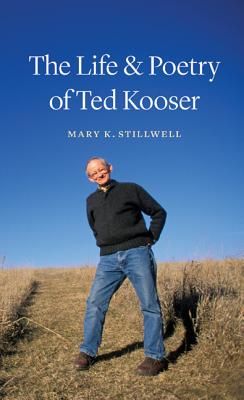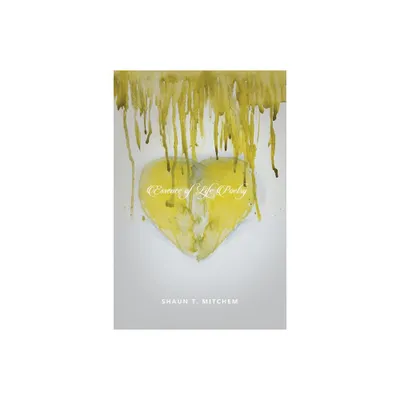Home
Du Fu: A Life Poetry
Loading Inventory...
Barnes and Noble
Du Fu: A Life Poetry
Current price: $24.00


Barnes and Noble
Du Fu: A Life Poetry
Current price: $24.00
Loading Inventory...
Size: Paperback
*Product Information may vary - to confirm product availability, pricing, and additional information please contact Barnes and Noble
Du Fu (712–770) is one of the undisputed geniuses of Chinese poetry—still universally admired and read thirteen centuries after his death. Now David Young, author of
Black Lab,
and well known as a translator of Chinese poets, gives us a sparkling new translation of Du Fu’s verse, arranged to give us a tour of the life, each “chapter” of poems preceded by an introductory paragraph that situates us in place, time, and circumstance. What emerges is a portrait of a modest yet great artist, an ordinary man moving and adjusting as he must in troubled times, while creating a startling, timeless body of work.
Du Fu wrote poems that engaged his contemporaries and widened the path of the lyric poet. As his society—one of the world’s great civilizations—slipped from a golden age into chaos, he wrote of the uncertain course of empire, the misfortunes and pleasures of his own family, the hard lives of ordinary people, the changing seasons, and the lives of creatures who shared his environment. As the poet chases chickens around the yard, observes tear streaks on his wife’s cheek, or receives a gift of some shallots from a neighbor, Young’s rendering brings Du Fu’s voice naturally and elegantly to life.
I sing what comes to me in ways both old and modern
my only audience right now—
nearby bushes and trees
elegant houses stand in an elegant row, too many
if my heart turns to ashes then that’s all right with me . . .
from
“Meandering River”
Black Lab,
and well known as a translator of Chinese poets, gives us a sparkling new translation of Du Fu’s verse, arranged to give us a tour of the life, each “chapter” of poems preceded by an introductory paragraph that situates us in place, time, and circumstance. What emerges is a portrait of a modest yet great artist, an ordinary man moving and adjusting as he must in troubled times, while creating a startling, timeless body of work.
Du Fu wrote poems that engaged his contemporaries and widened the path of the lyric poet. As his society—one of the world’s great civilizations—slipped from a golden age into chaos, he wrote of the uncertain course of empire, the misfortunes and pleasures of his own family, the hard lives of ordinary people, the changing seasons, and the lives of creatures who shared his environment. As the poet chases chickens around the yard, observes tear streaks on his wife’s cheek, or receives a gift of some shallots from a neighbor, Young’s rendering brings Du Fu’s voice naturally and elegantly to life.
I sing what comes to me in ways both old and modern
my only audience right now—
nearby bushes and trees
elegant houses stand in an elegant row, too many
if my heart turns to ashes then that’s all right with me . . .
from
“Meandering River”


















